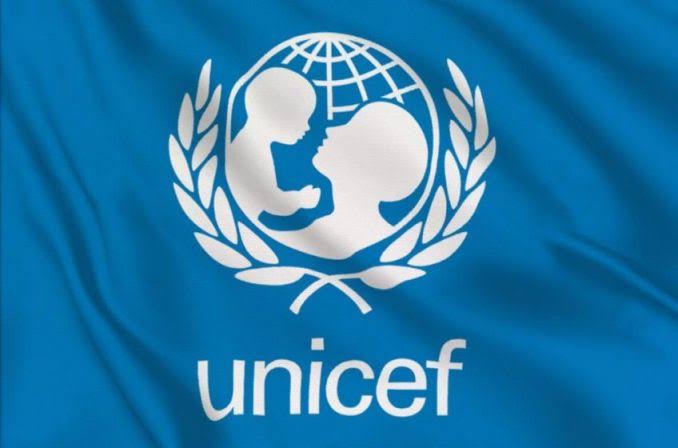By Iyemah David
The United Nations Children’s Fund (UNICEF), has said that about 82,000 Nigerian women die yearly from complications from pregnancy or childbirth in the country.
It broke it down to 225 women dying every day from maternal mortality, which requires urgent action from the Federal Government and all stakeholders to halt the menace in the country.
The UNICEF Chief of Health in Nigeria, Dr Eduardo Celades, disclosed these in Lagos on Wednesday, at a three-Day Media Dialogue on COVID-19 and Routine Immunization, organised by UNICEF, in collaboration with the Ministry of Information and Culture.
Maternal mortality refers to deaths due to complications from pregnancy or childbirth. From 2000 to 2020, the global maternal mortality ratio (MMR) declined by 34 per cent – from 342 deaths to 223 deaths per 100,000 live births, according to UN inter-agency estimates.
On the other hand, the global humanitarian intervention agency revealed that the country was now witnessing eight million childbirths yearly, expressing worry that the situation was not commensurate with healthcare indices in the country.
The new death rate arising from pregnancy-related complications doubled the figure released by the Federal Ministry of Health (FMOH), just in March 2022, when it said that at least 40,000 women in the country lose their lives to pregnancy-related issues annually.
It also said that over one million children, under the age of five, also die as a result of losing their mothers to pregnancy delivery complications.
Speaking at the media dialogue, Celades said that Nigeria has a very high rate of maternal mortality at the moment, stating that the global maternal mortality report from 2000 to 2020, was recently launched as the source.
According to him, the new figures which he said were received, will help UNICEF in its response to health challenges in the country.
He said that UNICEF is planning to launch antigenes virus vaccines in the country soon, noting that the vaccine would immunise children against some childhood diseases.
He said that the country is moving towards the attainment of SDG three, but, its current pace is insufficient to meet the targets.
He called for an increase in effective investments in primary healthcare, at the state level as well as the Basic Health Care Provision Fund (BHCPF).
“The second one is that now, we have a very powerful tool to get Universal Health Coverage, (UHC). To reduce maternal mortality, we must focus on National Health Insurance. So, I appeal for expansion of the National Health Insurance as much as we can.
“We must invest in the most vulnerable. We appeal to the state governments to allocate resources and with partners we will allocate enough resources to that.
“Our third appeal is to target the most vulnerable, those women who don’t have access in the most hard-to-reach areas and in the more inaccessible places. We need to invest in getting into these areas,” he said.
He disclosed that UNICEF was working in collaboration with the Nigerian Governors Forum and the Bill and Melinda Gates Foundation to launch what he described as Leadership Challenge.
“The challenge is called the Primary Healthcare Leadership Challenge and the idea is to recognize and reward state governments that are investing more in primary health care.
The launch, he said, would attract different categories of awards with US$200 million as the highest to states that would win from the six geopolitical zones of the country.


